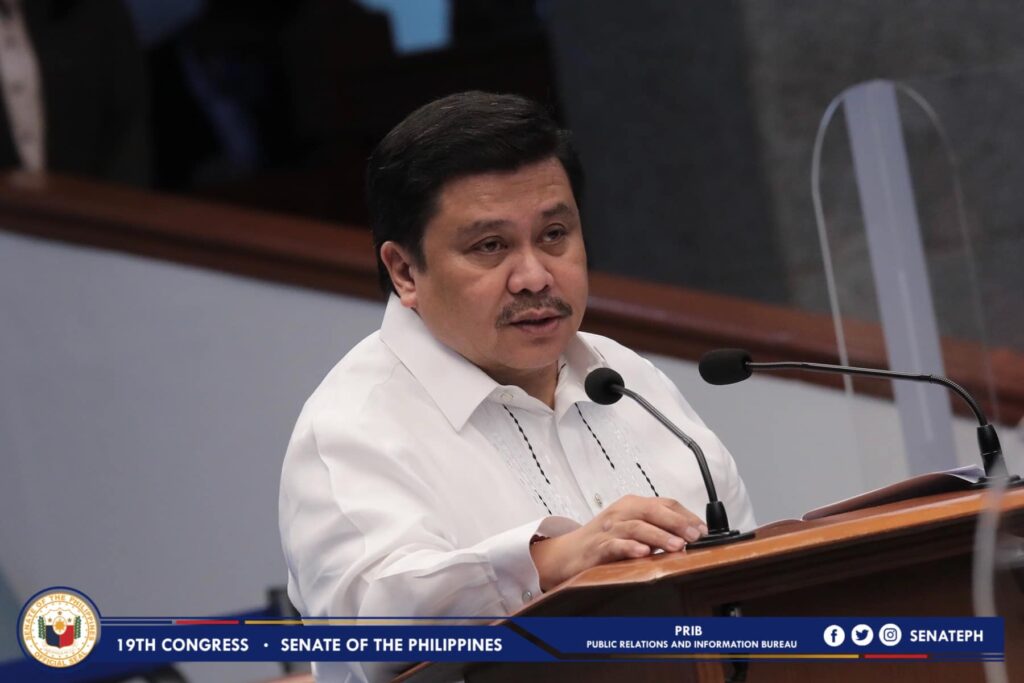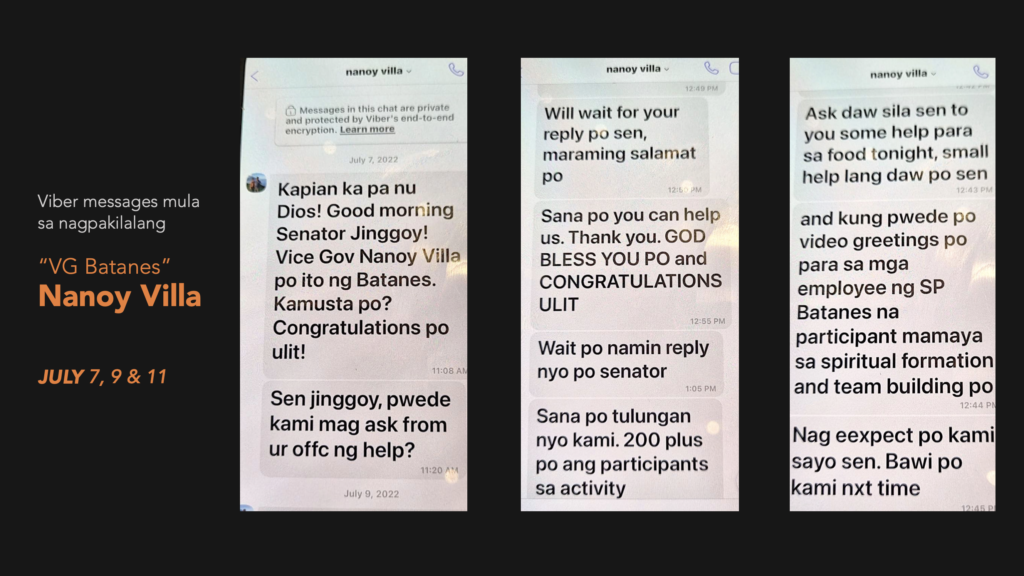Spam messages and phishing have become “personalised” with the target victims or owners of phone numbers being addressed by their names in text messages.
And the would be victims included members of the Philippine Senate who got the surprise of the lives by receiving text messages sent through their personal phone numbers which are supposedly restricted.
As result, Senator Grace Poe, the chairman of the Committee on Public Services, said she would launch an investigation into the proliferation personalised text messages.
Poe said the inquiry was based on the complaints not only of ordinary citizens who were victimised but also by other senators who received text message using their personal phone numbers.
“The unabated surge in text scams has brought further hardship and distress on our people who are already mired in debt,” the lady senator pointed out.
She disclosed she herself received text messages from prepaid mobile phones promising jobs, extra income, incentives and freebies.
Senator Jinggoy Estrada, the son of former president Estrada, also delivered a privilege speech, citing several instances of scammers reaching out to him to solicit funds.

One such message came from supposedly from a board member from a province in the Bicol region. He said the solicitor sought funds for the “spiritual formation” and “team building” of employees of that provincial government.

According to Estrada, one such scammer claimed to be Batanes Vice Governor Ignacio Villa while another claimed to be Congressman Leo Rodriguez of Catanduanes in the Bicol region.
Senate President Juan Miguel Zubiri also said he continues receive such messages. He also revealed that the Philippine National Police (PNP) arrested several individuals who, he said, posed as local officials for alleged projects.
Senator Nancy Binay is another recipient of spam especially when she received a text message in her personal phone “with my name on it.”
“I was so shocked because I never use my personal phone for online transactions,” Binay said. “My number is not even linked to another social media accounts. So, how did they get the number?”
The country’s two biggest telecoms providers have said they blocked more than 1 billion spam and suspicious text messages between them this year. PLDT and Globe have assured their combined 156 million mobile subscribers that cybercriminals have not breached their security systems. -Manolo B. Jara/ Gulf Today

